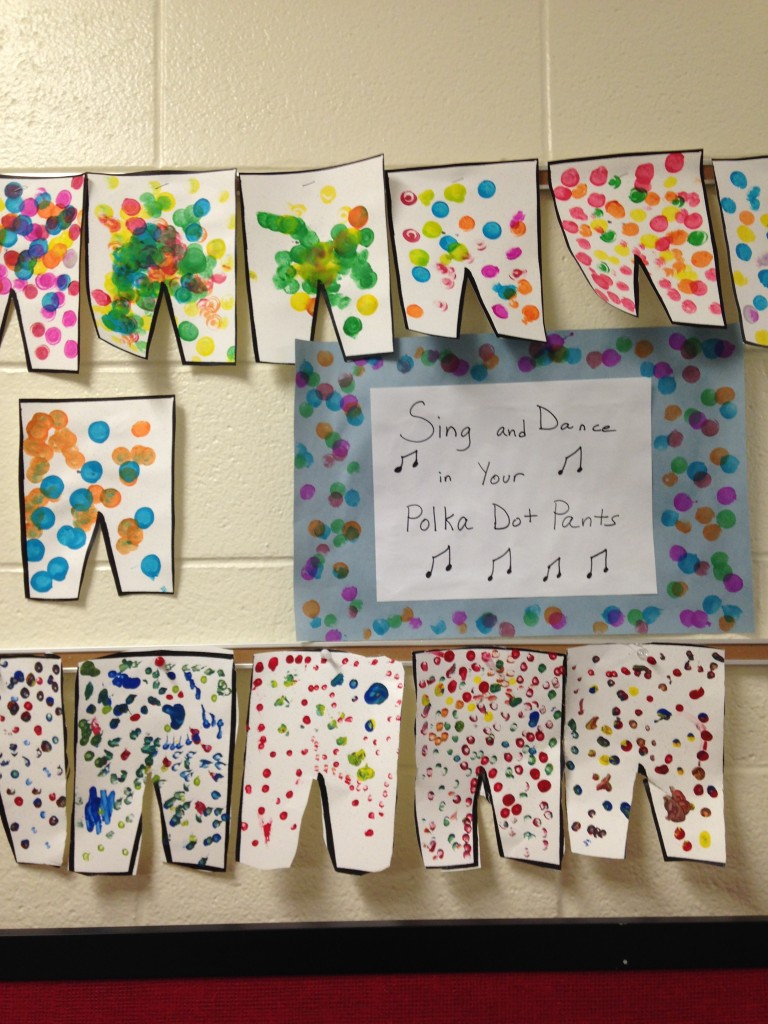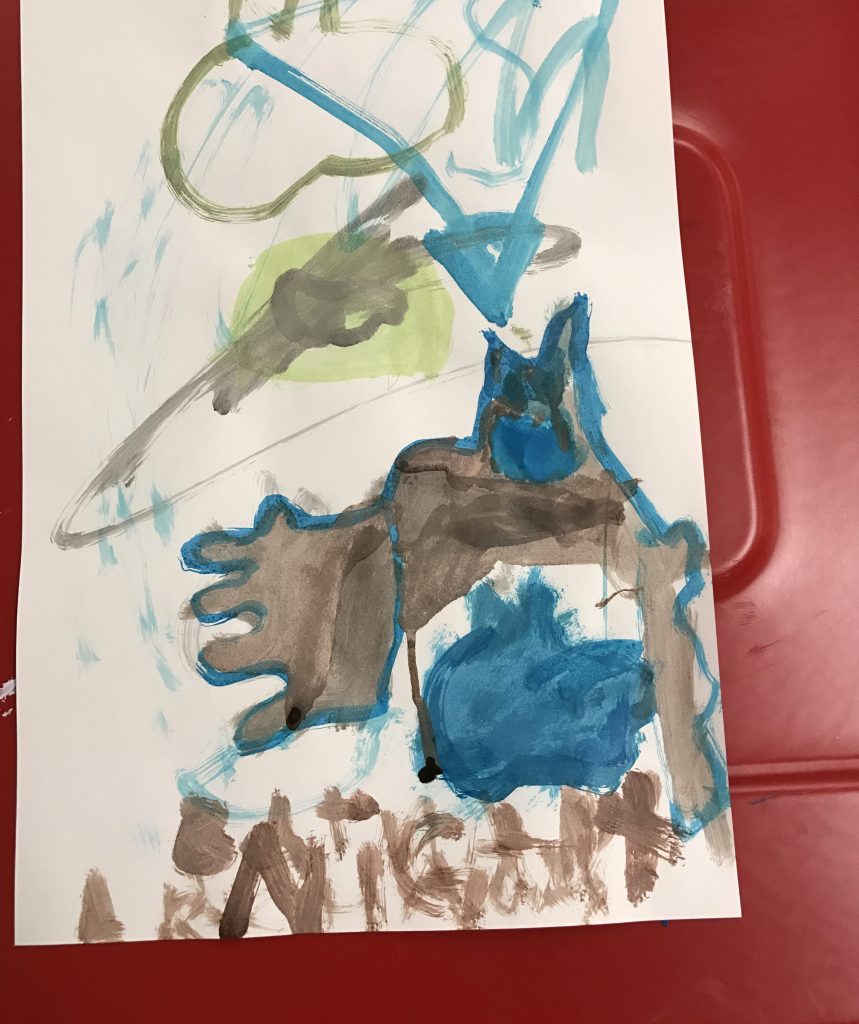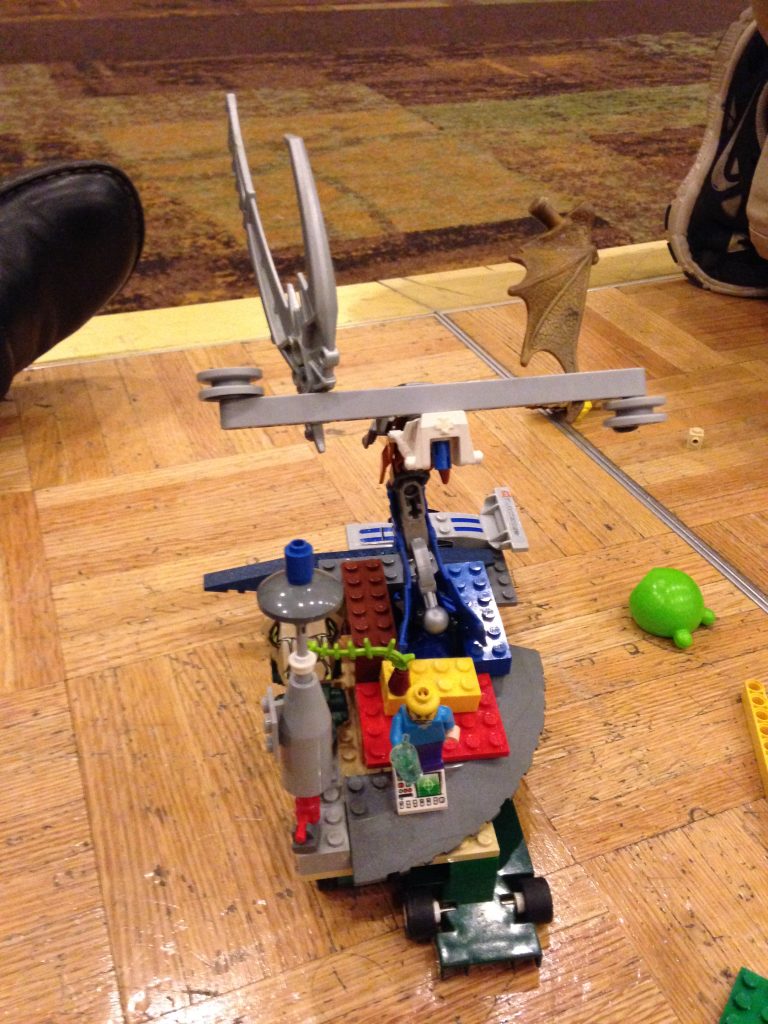
The Pre-K topic mostly flitted past my radar recently. I subbed in a Pre-K classroom near my home after I retired so I do know a little about Pre-K. On-line Pre-K classes? You’d have much better luck teaching deep sea diving at home. Pre-K kids learn by doing. They learn by sitting down and tracing their letters, sometimes with a guiding hand. They learn by getting their cup of crackers and carton of milk. They learn by taking the paintbrush and building their Batman. They learn by throwing the ball, jumping on the trampoline, and riding the tricycle. They learn by singing and dancing to YouTube, hopefully with friends but the friends are somewhat optional. They learn by playing games and putting on costumes.
Can a child do some of this through online learning? Of course, and many are trying to learn online right now.
But what’s the point? Why not cut our parents loose with a simple set of requests: Teach Jay his letters and numbers, up to twenty if possible. He will benefit by knowing the names of a few shapes such as circles, triangles, squares and rectangles. We can add helpful suggestions: Talk about the shapes in the bag of peas and carrots. Discuss the steps in your process as you make the cookie dough, A list of helpful YouTube videos should be provided.
Then I’d cut those parents loose with a warning about the problems that too much screen time can create. Social skills cannot be truly taught online. You have to be in a shared space competing for the same truck, building blocks or paintbrushes. Creativity can be taught online as skills develop, but at four years of age, Lego, wood blocks, crayons, paper, an easel and a paint brush will work dramatically better than pictures on a screen.
Eduhonesty: Screens are not hands-on learning when you are three or four years of age. At worst, they are close to useless. Preschoolers can’t keyboard. It’s too early for them to be taught that skill. (Yes, rudimentary keyboarding might be doable for some but they will learn the keys much faster in a few years — and they will have a much better sense of what they are doing and WHY they are doing it.)
To make Pre-K learning work online, a dedicated parent or guardian is required — otherwise known as “the person to manage the keyboard and follow the directions.” I’d call this a waste of time. It’s also a highly prejudicial situation, favoring those kids lucky enough to have someone free to manage that keyboard — plan # 23,956 to widen the achievement gap, I’d say. Can online Pre-K learning be done? Yes, without doubt.
BUT WHY MAKE LIFE SO HARD? Why not give parents a list of things you want their kids to know, like those numbers, then cut them loose with helpful websites and useful construction toys? And let them bake cakes and paint pictures in coloring books while counting the beans going into the cooking pot? All the items in that Pre-K learning curriculum? A parent or guardian can get you most or all of the way there WITHOUT having to be online at a certain time in a certain program along with everyone else.
We are adding unnecessary layers of complexity to Pre-K, burdening parents who are often already lost trying to keep up with the demands for their older elementary and middle school children. If we add to household stress, who do we honestly help? As dad, grandma or whoever is minding the house gets snappier and less patient, how does learning benefit? We are probably teaching some colorful language as confused adults try to figure out where the latest lost link went.
Risk vs. reward — realistically, what are online Pre-K’s rewards? I see few that can’t be easily accomplished WITHOUT online Pre-K. At least one huge risk glares out at me: online Pre-K helps weld children to their electronic devices harder and sooner — the exact opposite of what I would choose for America’s children today.



